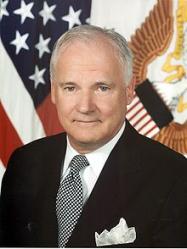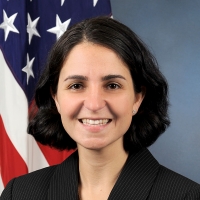

10:00 am EST - 11:30 am EST
Past Event
10:00 am - 11:30 am EST
1775 Massachusetts Avenue N.W.
Washington, DC
20036
While the U.S. defense budget has contracted from its recent peak, it remains unparalleled in international perspective and relatively high even in relation to Pentagon resources during the Cold War. Even so, concerns about force readiness have grown. Partly due to budget caps from the 2011 Budget Control Act, and influenced by an operational tempo that is difficult to sustain, some point to recent mishaps like the collisions of guided-missile destroyers in the Pacific as a symptom of a growing problem. Other readiness worries include overworked crews seeing less training time as well as a shortage of usable equipment. There are also questions as to why the military services are having so much difficulty when it comes to readiness, despite a relative easing of conflicts in Iraq and Afghanistan relative to the pace of activity a decade ago.
On November 13, the Center for 21st Century Security and Intelligence convened a panel of experts, including from several branches of the military, to address the readiness debate. Following their conversation, panelists took audience questions.
Moderator

Panelist






Sam Boocker, Alexander Conner, David Wessel
April 25, 2024
2024
The Brookings Institution, Washington DC
10:00 am - 11:15 am EDT

Constanze Stelzenmüller
April 22, 2024